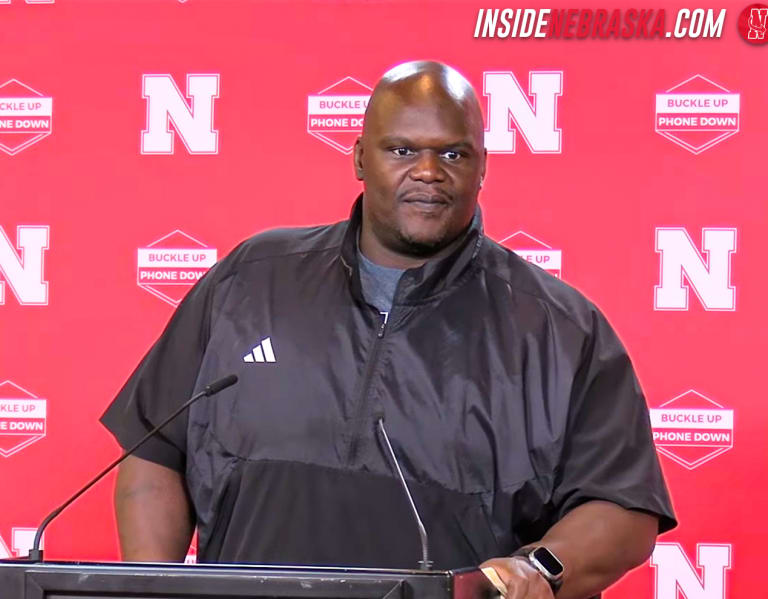
Matt Rhule seemingly has someone on staff for everything.
There’s football chief of staff Dr. Susan Elza, a do-it-all leader, manager of people and someone who looks like a future athletic director. There’s general manager Sean Padden, an integral part to the program in terms of recruiting and basically everything else Rhule throws on his plate.
There’s director of football nutrition Kristin Coggin, who’s one of the best in her field at fueling athletes what they need, when they need it. There’s coordinator of football sports science Mitch Cholewinski, Rhule’s mad scientist.
Then there’s Gus Felder, a former All-Big Ten offensive lineman at Penn State and power conference strength coach who has grown into a different role in college football: player development.
Felder’s title at Nebraska is director of football player development. That goes for helping the athletes be the best version of themselves on the field and off. It was last summer when Felder hopped on ‘Sports Nightly’ and said, “Let’s be realistic — football should be your plan B. Life is your plan A.“
There are four core pillars of Felder’s job: community impact, personal development, professional development and financial literacy.
One important part of Felder’s job, especially right now in the summer before fall camp, involves helping players deal with social media, which can be a positive place but also a massively toxic environment at the same time.
As Felder put it, social media can turn into a harmful distraction if players aren’t careful.
“That’s one of the things we focus on in player development, it hasn’t helped us in many ways,” Felder said of social media during a press conference June 20. “It causes a lot of anxiety, a lot of pressure is placed on the guys. So we try to teach our guys to navigate through that and work through that. Not to get too high or too low about what’s posted on social media.”
That can be a tricky journey for players when social media is so important in this world of player empowerment they now live in. Their social media accounts are used to build their brands. Their brand is what can potentially be a source of income.
Felder helps them with that, too.
“Financial education is something we all deal with, and they’re all excited about doing it because they want to make more money, they want to have money for a long period of time,” said Felder, who guides players through how to open their own bank accounts.
Felder’s biggest gripe with social media? It’s the easy access those outside the program have to the players. It doesn’t take much for someone to send a player a comment, good or bad, these days. Just a few pokes of the thumb on a phone is all one needs.
“It’s rough on them, because these guys are still maturing, still developing mentally more so than physically. So some guys can’t handle what’s being said to them,” Felder said. “Some guys, they live and die on what’s being said, negative or positive, about them on their social media platforms.”
It’s all part of what players knowingly sign up for when they choose to play college athletics in the age of social media. What players experience now is not what Felder lived through when he was playing at Penn State or in the NFL, when he may have read a newspaper story about him here and there.
Now, everything is online and easy to access.
“You can write something, or something can be said about them that can really boost their confidence too high and make them think they’re better than they are and they don’t have to work for anything anymore,” Felder said, “or you can say some things really negative to them that’s not really true from the outside to make them feel really bad about themselves.”
>> RELATED CONTENT: Support staffs can coach — here’s a look at Nebraska’s
>> RELATED CONTENT: Two recent quotes from Raiola, Rhule gives us glimpse into future
>> RELATED CONTENT: Like dad preaches, Troy Vincent Jr. uses football as a vehicle in life
One way to combat the negativity on social media while still having a presence for branding purposes is to have someone else in the player’s circle who’s trusted — it could be a parent, sibling, agent, whoever — manage the accounts for the player.
Another area where Felder helps involves homesickness. For Nebraska to win championships, it must recruit nationally. Many recruits who sign with and play at Nebraska are living away from home for the first time, and in a state they’re hardly familiar with.
As you can imagine, that can be a difficult transition.
“Every night we have something planned for them to do. We try to find things they like,” Felder said. “Player development here is different than other places because we have everybody in the building who’s committed to making these guys feel at home.”
On the community service front, if you’d look at Felder’s schedule you’d see daily events that small groups of players attend. Every day, there’s something for someone to do.
Felder has appreciated what he’s seen from cornerback Tommi Hill. Hill didn’t have much experience doing community service until Felder got a hold of him to show him the benefits.
Now, it’s like he sees a different Tommi.
“Now he’s working an internship and also going through the process creating his own foundation so he can continue to work with the type of people he wants to work with, the young people,” Felder said.

Must See
-
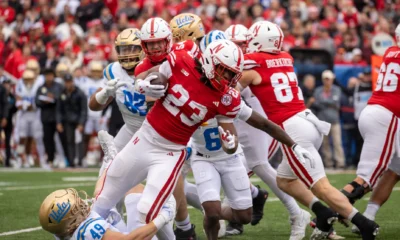

Football
/ 2 months agoHuskers Fight Hard but Fall Short Against UCLA
LINCOLN – The Nebraska Cornhuskers gave it their all on Saturday, with standout efforts...
-
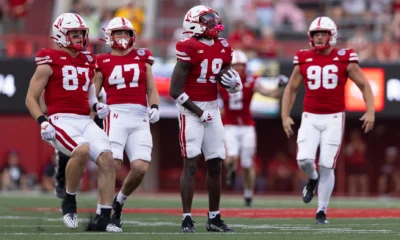

Football
/ 3 months agoGAMEDAY: Nebraska Set to Face Undefeated Indiana in Key Big Ten Showdown
Bloomington, IN – It’s Game Day, Husker Nation! Nebraska (5-1, 2-1 Big Ten) returns...
-
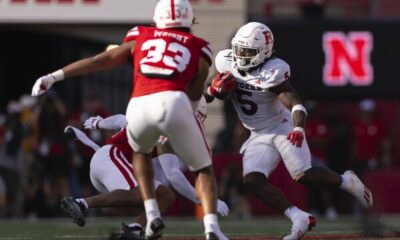

Football
/ 3 months agoBlackshirts Shine as Nebraska Tops Rutgers 14-7 on Homecoming
Lincoln, NE – Nebraska’s Blackshirt defense played a starring role in the Huskers’ 14-7...
By Chris
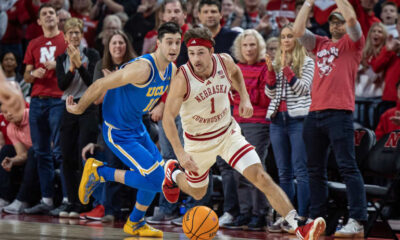

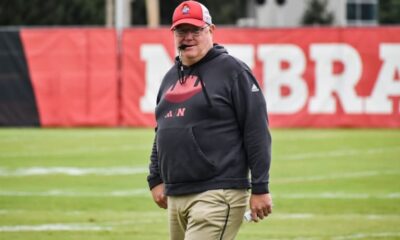

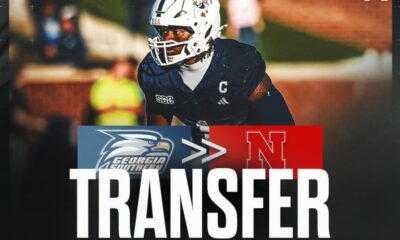

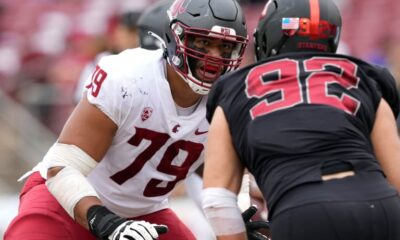

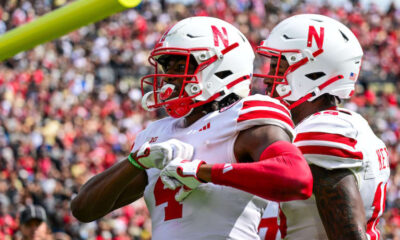

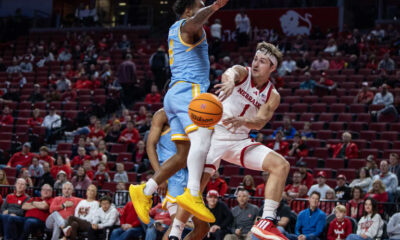

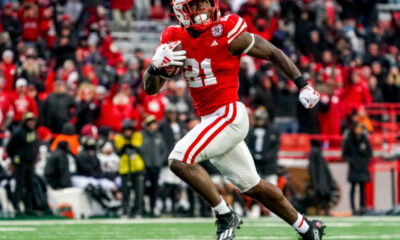

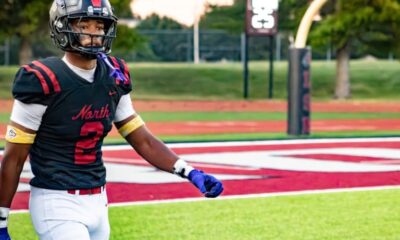

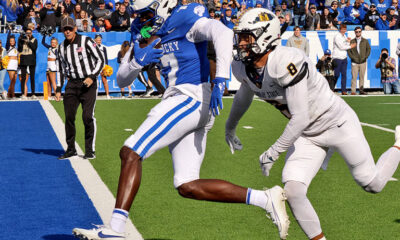





You must be logged in to post a comment Login